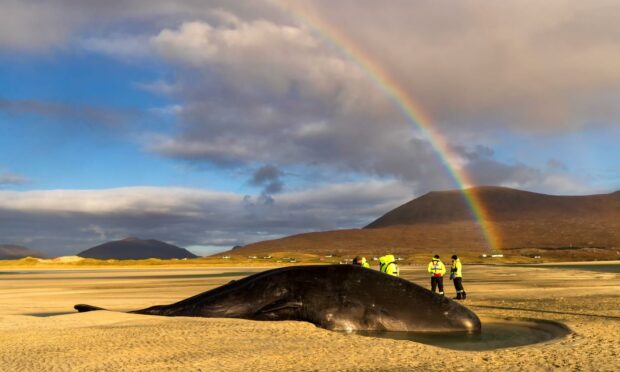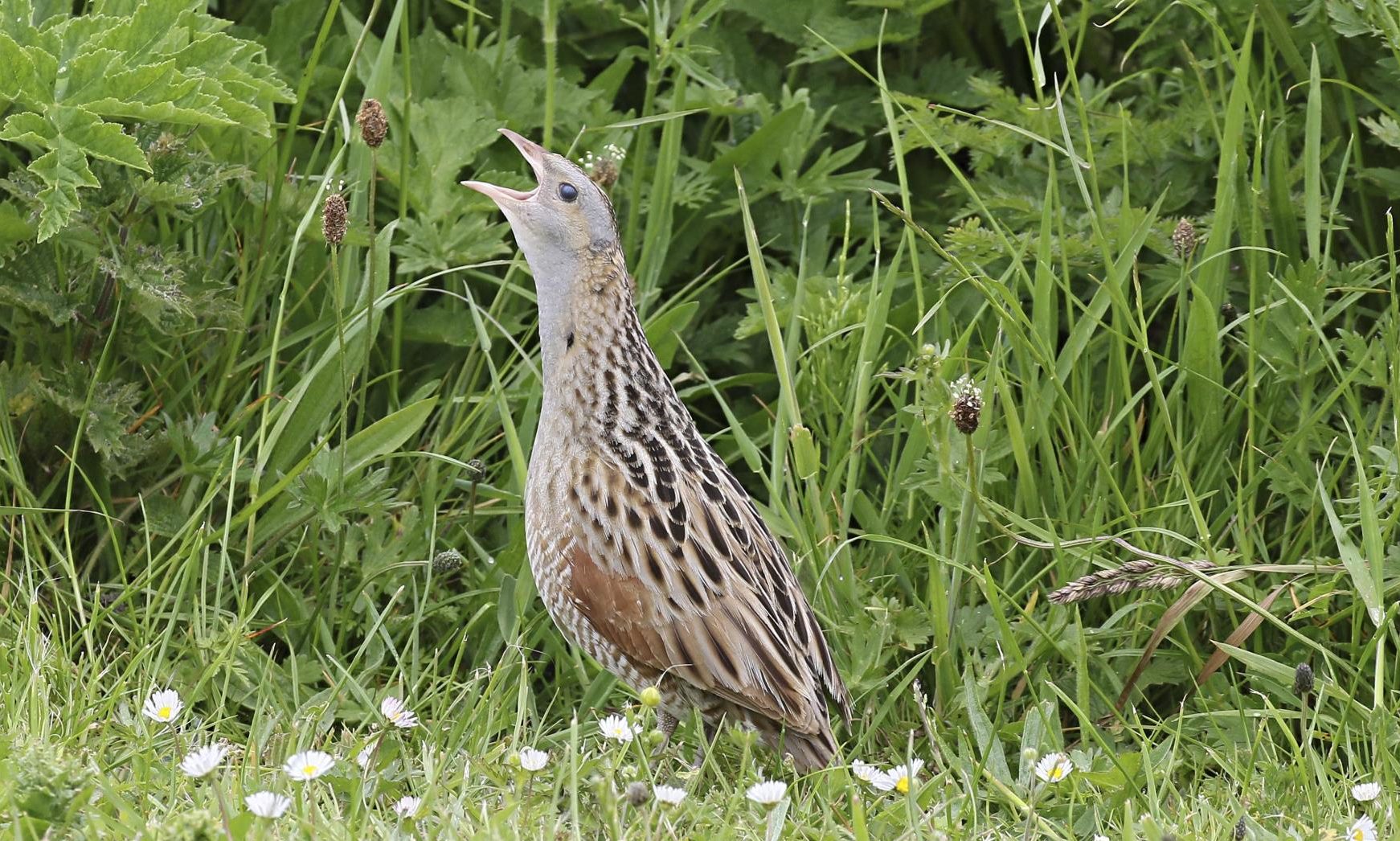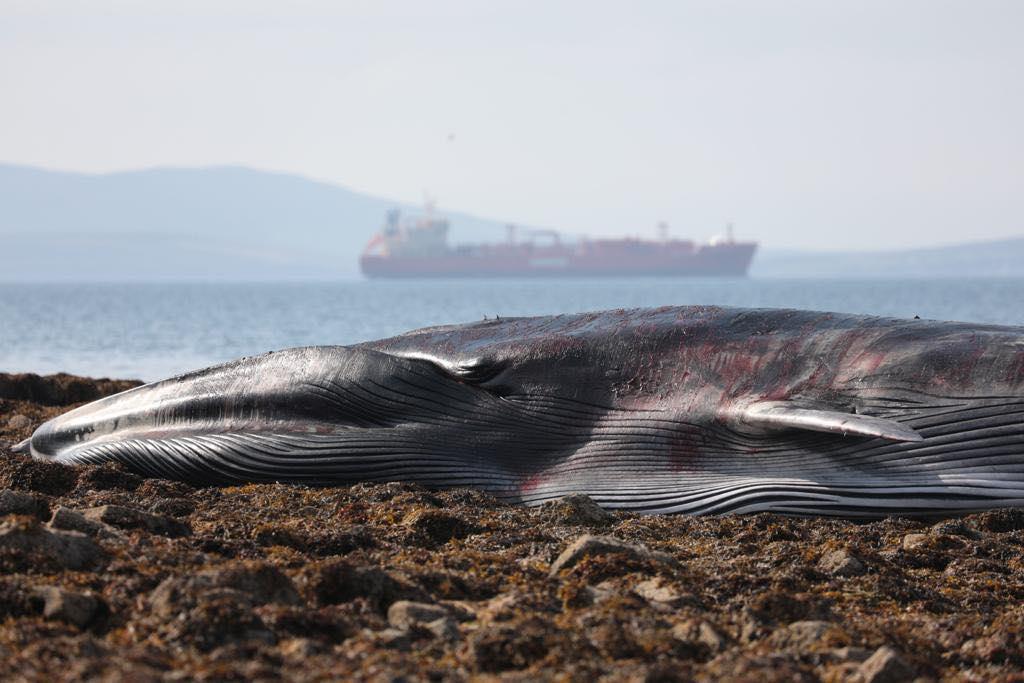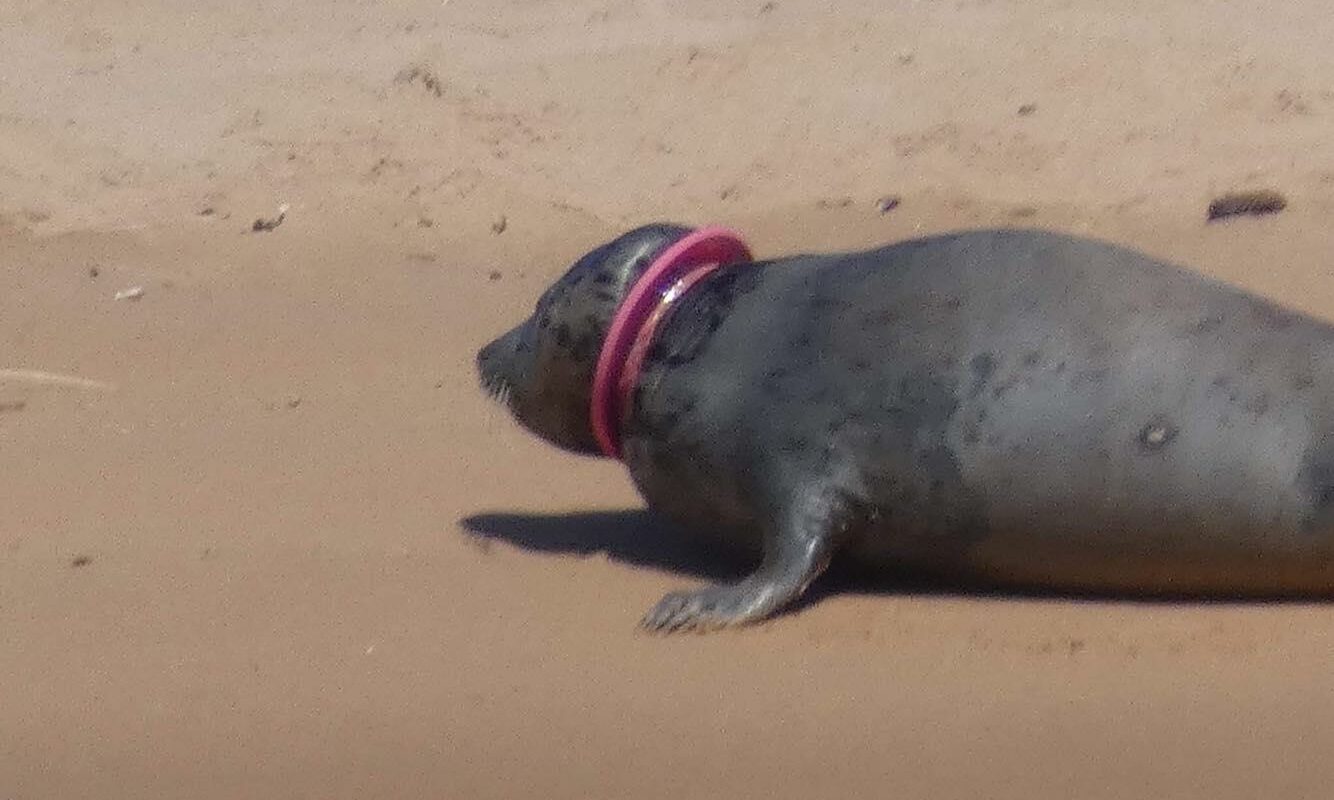When I was young, I used to imagine there was a tomato sauce factory in the middle of the Atlantic, somewhere between the Butt of Lewis and the coast of Newfoundland.
The proof of its existence lay in the sheer quantity of empty ketchup bottles clustering among the rockpools on the shoreline near my childhood home in South Dell. Their red shades glistened among the thick tangle of kelp, washed up on high tide like misplaced bunches of plastic roses.
Sometimes we would pick them up and squeeze them, finding that they spurted more water than the twists of bladderwrack we also sometimes used for the same purpose. As a result, we employed them as water pistols, firing at one another, pretending to be Jesse James and Billy the Kid as we strutted along the shore.
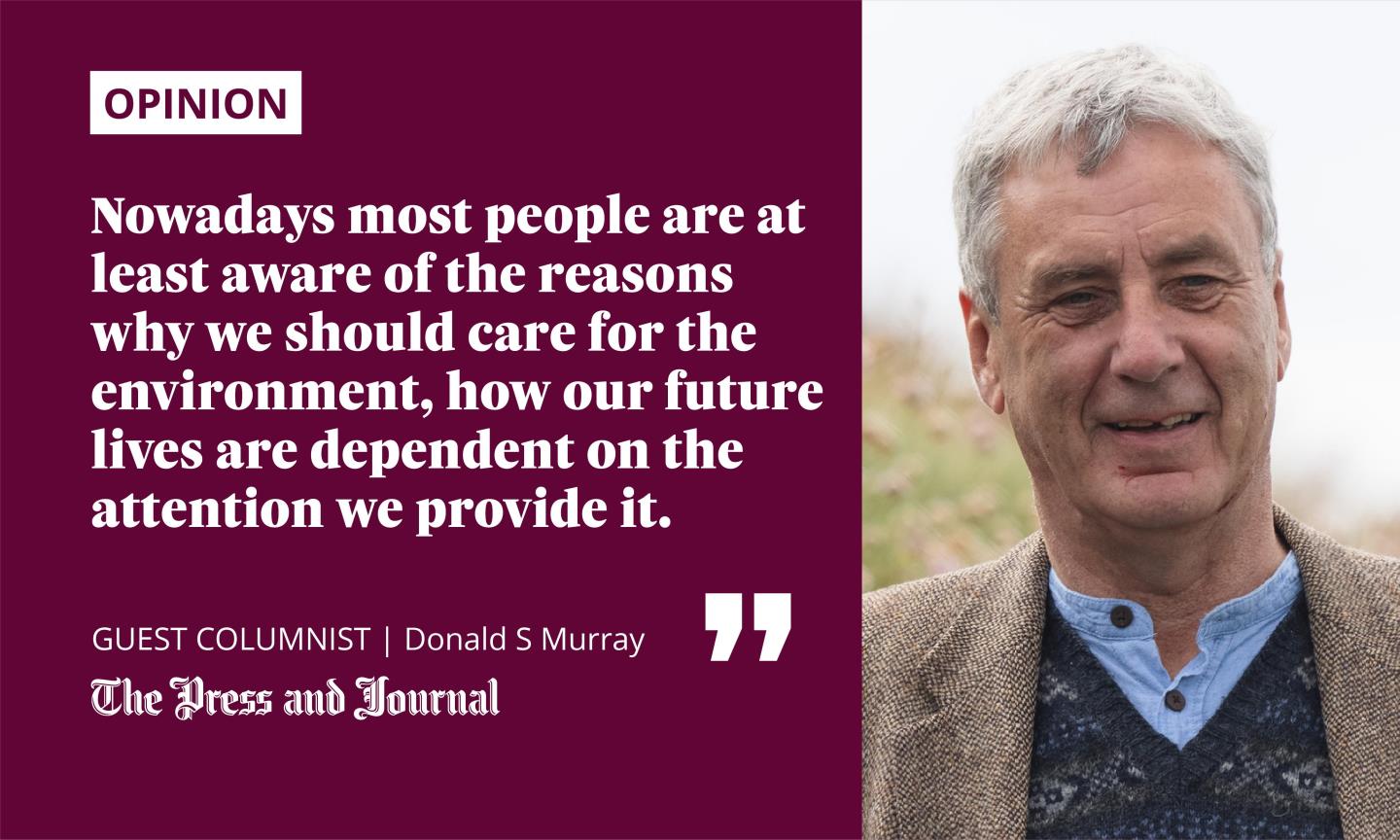
They were, of course, not the only flotsam to be discovered in these parts. Timber regularly rolled up, used frequently by locals as fenceposts. Plastic fish boxes with the inscription “Return to Lochinver” written on their side floated to shore. (No one ever took notice of that instruction.)
So did folds of plastic fishing nets, deployed by local crofters to capture something other than shoals of haddock or herring. They wrapped these around stacks of oats and hay – a way of preventing winter storms from billowing them away from their locations behind byres and houses. Sometimes this failed. There would be mornings when they would wake to discover the hard work of the summer’s harvest had completely disappeared.
There was little doubt that our attitude to the environment was extremely casual back then. I recall local tractor drivers tugging trailers filled with debris the length of crofts, dumping their loads of rusting fences or even car engines down the face of a cliff, disturbing the peace of cormorants and shags that nested there.
They would also have little consideration for rare birds, like the corncrake nesting in their fields. Instead they would cut a swathe through crops, seeing their actions as a way of bringing to an end the endless croak echoing through the stillness of the night, disturbing their sleep.
Dunna chuck bruck – but the damage is already done
Much has changed. Nowadays most people are at least aware of the reasons why we should care for the environment, how our future lives are dependent on the attention we provide it. Community groups go out to clean up the shores with people, say, in Shetland told to “dunna chuck bruck” when they’re out and about.
I recall two dead whales arriving on the shoreline of my native Ness during my childhood
Ferry companies warn their passengers not to throw anything into the sea while travelling in their boats. The days when ketchup bottles and other items stained our coastlines have – hopefully – come to an end.
Yet, we still live with the inheritance of both our own age and earlier times. There was the story told at the end of 2019 of how a young male sperm whale was washed up on the coastline of the isle of Harris. In its stomach was what was described, as “a 100-kilogram litter ball”, consisting of fishing nets, rope, packing straps, bags and the inevitable plastic cups, meshed into one compact mass.
While this may or may not have killed him, there is little doubt that he carried a horrific burden within, one that provided grim testimony of the lack of care humanity has displayed towards their home planet for decades.
I recall two dead whales arriving on the shoreline of my native Ness during my childhood. One appeared one day in Port of Ness; the other lay rotting on the sands at South Dell for ages, its smell haunting me each time I strolled down there.
A hot topic for COP26
The reason that they have come to mind again and again recently is that I am appearing at an event connected with the COP26 conference, in Tower Base South in Glasgow at 10.30 am on Saturday November 6. Alongside me will be two young people whom I first came across as school pupils in both Lewis and Shetland where I taught: Pàdraig MacAoidh (or Peter Mackay) and Roseanne Watt. Both are extremely talented writers and speakers. Both, too, are excellent and entertaining.
Entitled “Weathering the Storm: Scottish Poets Discuss Climate Change Resilience and Adaptation“, it is an event organised by Drew McNaughton and the organisation, Seachdain Na Gàidhlig, in conjunction with other groups such as the Gaelic Books Council, Scottish Poetry Library and the Scottish Book Trust.
I am delighted to be speaking there, talking not only about washed up tomato ketchup bottles, but also the effect of erosion on the shores of islands like Benbecula, where I also worked for years.
I have no doubt that the observations and experience of the younger people with whom I am speaking will add to the value of the occasion. Talking in English, Gaelic and Shetland dialect, it will, I trust, provide an enlightening experience for all who choose to attend, either live or virtually.
Donald S Murray is a writer and former English teacher who was born and raised in Ness in the Isle of Lewis
